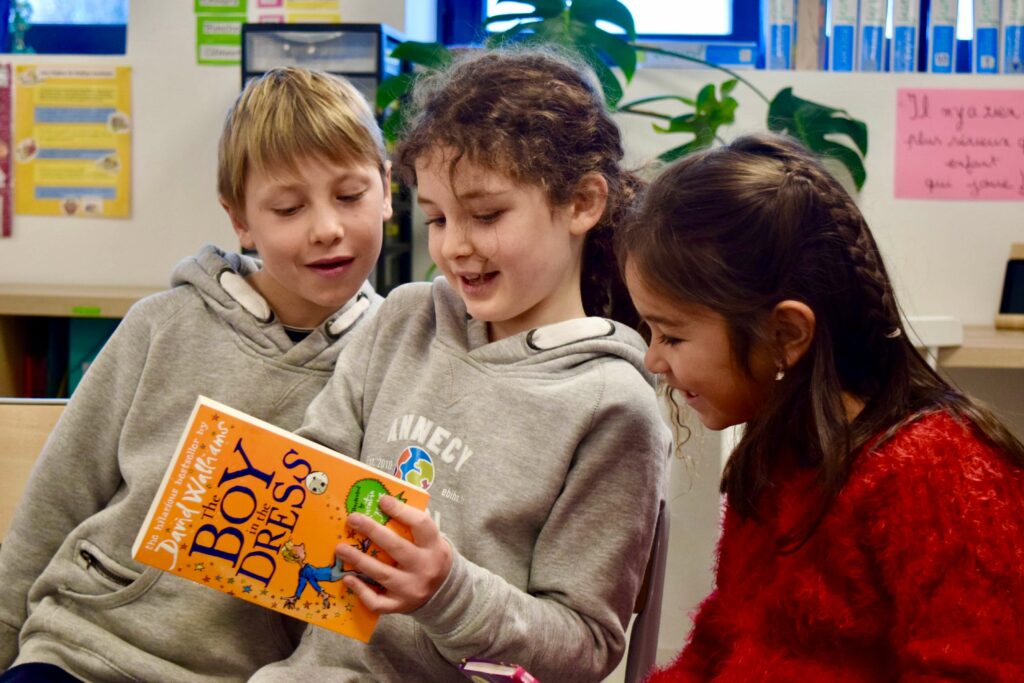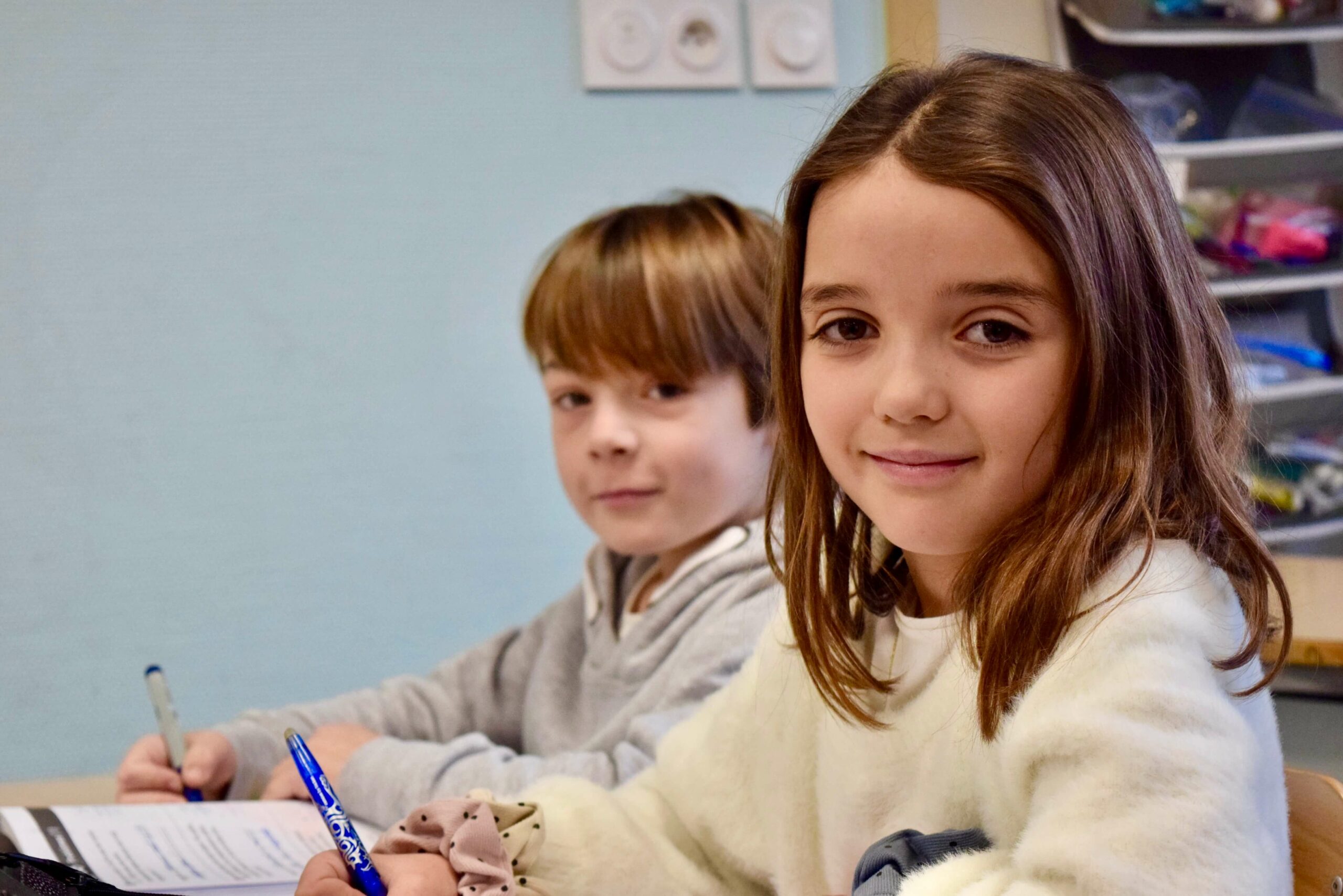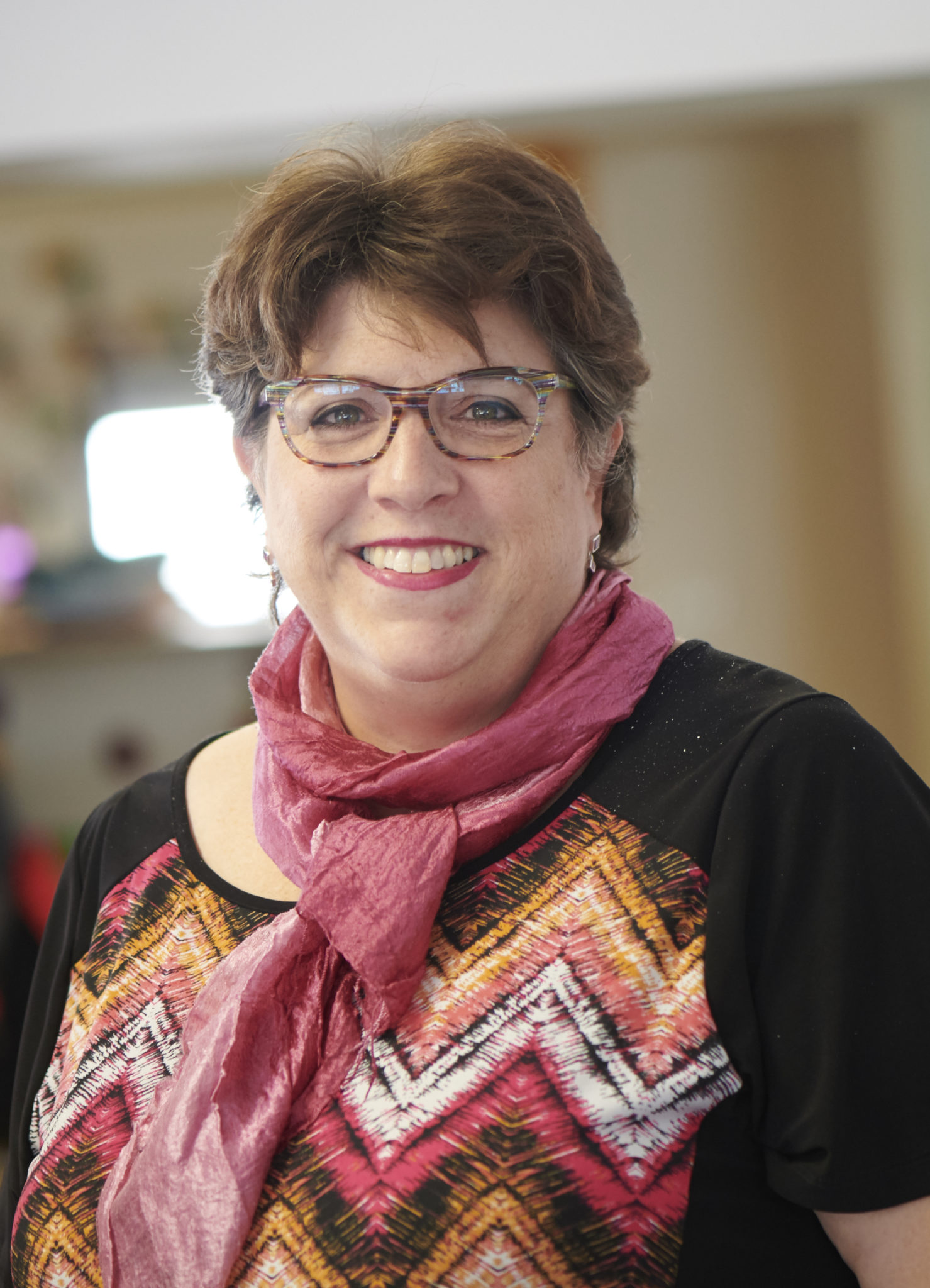Bilingual
elementary
In elementary school, students benefit from the French curriculum, enriched with notions from Anglo-Saxon programs, in particular the Cambridge program.
Teaching takes place in both languages, with a 50% split between the two, in half-days, offering a stimulating, varied academic program and a unique window on the world.
The teaching methods and projects implemented contribute to developing essential skills and qualities for the future: communication, critical thinking, positive leadership, a taste for effort, boldness, creativity and team spirit.
The elementary school program is spread over 5 years, grouped into two cycles:
- CP, CE1 and CE2 (Cycle 2).
- CM1 and CM2 (Cycle 3).
Note that 6th grade is the third and final year of Cycle 3.
Highlights of our program
-
A rich and varied bilingual program.
-
Official French programs taught in two languages.
-
Small class sizes (20 students).
-
Special support for students with special needs.
-
Teachers who bring their language, culture and passion for teaching.
-
Motivating events that enable students to learn in a different way: field trips, parties, shows, exhibitions, etc.


The main themes on which the elementary school builds its program.
-
Languages for thinking and communicating .
-
Methods and tools for learning.
-
Development of the individual and the citizen.
-
Natural and technical systems.
-
Representations of the world and human activity.
Reading and writing
In CP, pupils learn to read in French through decoding (the syllabic method), then in English using the same strategies. Reading and writing skills are reinforced throughout the cycle, thanks to a variety of texts from children’s literature, and rigorous and frequent training in writing. The taste and habit of reading for pleasure are developed in both French and English, reinforced by the “SOL” (Silence On Lit) program practiced daily by all. Throughout Cycle 3, reading comprehension and fluency are established, and the foundations are laid for all activities that depend on reading and written communication.
An important place for oral activities
Oral activities such as lectures, show-and-shares and presentations play an important role in the learning process. Productions such as plays and end-of-year shows help to develop children’s ease of expression.
Teaching English
After immersion in the English language during cycle 1 (kindergarten), at the end of which pupils are able to express themselves at their own level with a native speaker, the bilingual elementary curriculum helps to consolidate written and oral skills in English. For several years now, the school has been involved in internationally-recognized assessments with the Cambridge Assessment International Program, and our bilingual primary school leavers claim a CEFR (Cadre Européen Commun de Référence pour les Langues) level A2/B1, attesting to an excellent level.
Mathematics
Mathematical concepts are divided between the two languages. Measurement and geometry are often taught in English, with the vocabulary used in French to ensure mastery of the concepts in both languages. The methods chosen are linked to the Singapore method, which gives students a solid understanding of numbers and stimulates the development of mathematical thinking. The four operations (addition, subtraction, multiplication, division) are studied using problems that help to give them meaning, and manipulatives help to move from the concrete to the abstract. Mental arithmetic is practiced on a daily basis, to help students develop a sense of automaticity.
Questioning the world
Subjects such as science and geography, or “questioning the world” in Cycle 2, are taught in English, whose specific vocabulary is considerably enriched. This involves discovering the world of living things, matter and objects, as well as space and time, to better understand the environment in which we live. Students are encouraged to ask questions, and develop their curiosity and critical faculties. French history is taught in French in Cycle 3 (CM), to give students a greater sense of understanding and analysis.
The arts and citizenship pathway
The arts, media and information literacy, and moral and civic education are taught in different ways throughout the five years of elementary school, often as part of a class or cycle project. These disciplines contribute to developing and nurturing essential skills and know-how, such as the ability to question, create, exercise judgment, communicate with others and open up to the world.
Physical education and sports
Sport is an important part of the curriculum, practiced in the school gym or in nearby facilities. The balance between individual and team sports is maintained to enable each student to develop team spirit and personal physical skills, as well as the ability to excel at specific events (sports festivals, etc.).
The “Learning Center” or tutoring through special arrangements
At EBiHS, teachers assess oral language levels and offer FLE (Français Langue Étrangère) sessions for allophone students, or ESL (English as a Second Language) sessions for students with no spoken English at all. These sessions, a few hours a week throughout the school year, during which students work in small groups outside the classroom, enable them to catch up with a good level of bilingualism and eventually reintegrate fully into the classroom.
Some students needing personalized learning arrangements benefit from adaptations: work in small groups outside class, follow-up by an orthopedagogue for remediation, etc.
The OOTM (Odyssey Of The Mind) program, offered as an extra-curricular activity, is a real asset to the school, offering a different approach to teaching through creativity and collaborative work, particularly suited to HPI students.
APC (Activités Pédagogiques Complémentaires) and homework help
After school, from 4:00 to 4:30 p.m., certain students are asked to work in small groups with their English or French teacher on a specific subject.
From 4:30 pm, students can stay in the study to do their homework. They can also sign up for “accompanied homework”, to receive help and advice from a teacher.
This well-balanced, more demanding bilingual curriculum in Cycle 3 enables students to consolidate and extend their knowledge through a variety of approaches, and in all disciplines. The final years in elementary school also enable students to develop greater autonomy, so they are well prepared to continue their studies in junior high school.
Educational leadership

Martine Ouellette
Pedagogical Director, Pré Faucon school
(CP, CE1, CE2, CM1, CM2)
An atypical career path led this lover of life to take up the challenge of a career change. After graduating from the Université de Sherbrooke with a degree in business administration (marketing option), this Canadian native worked in the field for some 8 years. Her lifelong passion for teaching led her to obtain a second Bachelor’s degree in preschool and elementary education from the Université du Québec à Montréal, in order to realize her dream of becoming a teacher! Upon graduation, Martine began her career in an English school board in Montreal, teaching French immersion to English-speaking first graders.
CONTACT

